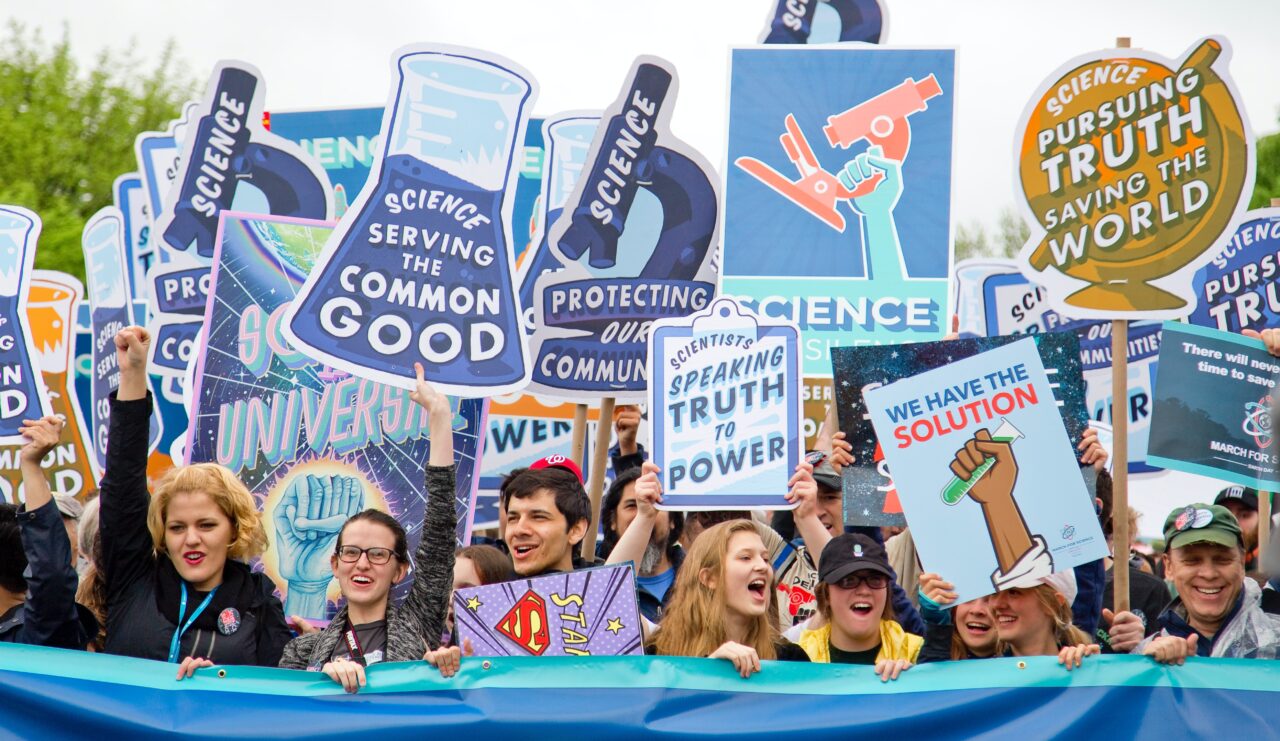
Aristotle said that the human being is a 'rational animal'. And throughout history, many philosophers have shared this optimistic view, although some have pointed out weaknesses and blind alleys in human thinking. Only in the last fifty years, however, have cognitive sciences begun to study human rationality and irrationality experimentally. Psychologists, economists and neuroscientists have collected data on how we actually reason and make decisions, both at work and in everyday life. And these studies show us that we are often not rational at all, but victims of cognitive distortions (so-called biases) that lead us to make incorrect or inefficient choices and reasoning. These mental traps affect not only laymen but also experts (scientists, doctors, judges, politicians, consultants, etc.) and cast a shadow of pessimism over the possibility of human beings improving themselves and the society in which they live by using their reason. On the other hand, the increasingly accurate knowledge we have of our mind and its spontaneous reasoning and decision-making strategies (so-called heuristics) allows us to use countermeasures and cognitive tools to avoid traps and improve our decisions. The MInD research group at Scuola IMT studies both the theory and practice of human reasoning in order to understand and improve our decisions and their impact on society. In the video "Pills of Rationality" we offer some food for thought.
To decide on many issues in today's complex world - making a vaccine, choosing a course of study, changing our behaviour to counter climate change - we have to trust what the experts tell us, since we cannot be 'experts' ourselves on everything. It seems obvious. But on reflection, this statement is far less banal than it appears at first glance.
First of all because, when we trust experts, we are not trusting individuals, but rather an entire community (the scientific community) and its 'infrastructure', based on rules that are often not explicit or not always obvious to the public, concerning, for example, consensus building, or the way in which the results of scientific research are produced and made public, or even mechanisms that are completely unrelated to science and typical of the media and communication instead.
In short, we have to trust the experts as long as... they are really experts. But how to judge this? And how to behave when the experts disagree? Watch the video to learn more about this apparent paradox.